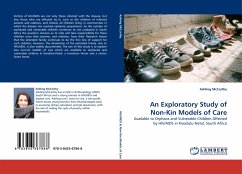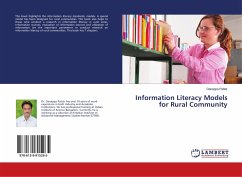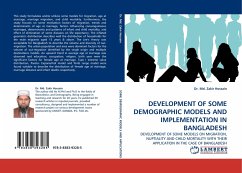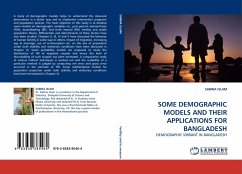Victims of HIV/AIDS are not only those infected with the disease, but also those who are affected by it; such as the children of infected parents and relatives, and indeed, all children living in communities in which the disease has reached epidemic proportions. As the number of orphaned and vulnerable children continues to rise unabated in South Africa the question remains as to who will take responsibility for these children once their parents, and relatives, have died. Research shows that the extended family continues to be the first line of support for such children; however, the dissolution of the extended family, due to HIV/AIDS, is also widely documented. The aim of this study is to explore two non-kin models of care which are available to orphaned and vulnerable children in KwaZulu-Natal; a transition home and a cluster foster home.
Bitte wählen Sie Ihr Anliegen aus.
Rechnungen
Retourenschein anfordern
Bestellstatus
Storno








